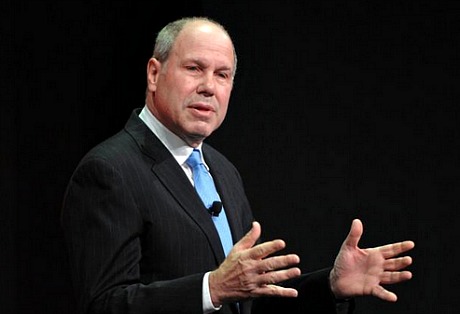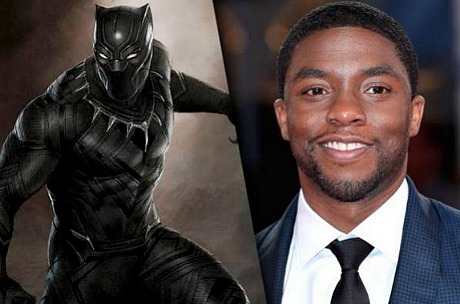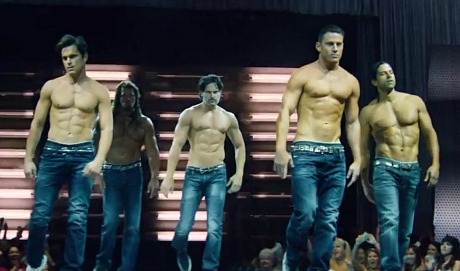In a 7.2 Grantland piece called “Across the Universe: How World-Building Blockbusters Have Changed the Art of Screenwriting,” Kevin Lincoln discusses (a) the game of universe-building and (b) continuity in the service of a franchise with screenwriter John August (Go, Corpse Bride, Frankenweenie). Lincoln doesn’t quite ask why the scripts for almost all franchise blockbusters (with the curious exception of the two Captain America films) are spiritually suffocating, reprehensibly robotic and generally awful in terms of delivering intrigue or any kind of unusual flavor or humor or sliders or curves or palmballs. Pretty much everything that happens in these moronathons is a straight, over-the-plate fastball, but the main problem, story-integrity-wise, is that none are meant to be stand-aloners. Yes, old news — August is mostly re-stating things for the slowboats.
August observation #1: “So it’s this weird blend of wanting to create the best two-hour movie you possibly can and having to sort of function as a TV showrunner, charting out the whole series, even though as a screenwriter, you’re only going to get paid for that one movie.” August observation #2: “The more that has come before you, the tighter the circle of expectations is on you. Often the expectations the studio has are expectations the audience has. They’ve created this very small window of what they feel is a reasonable acceptance of an idea.”






